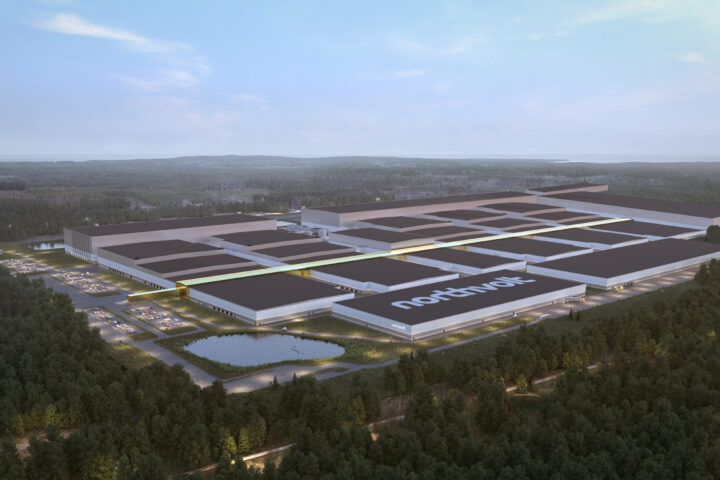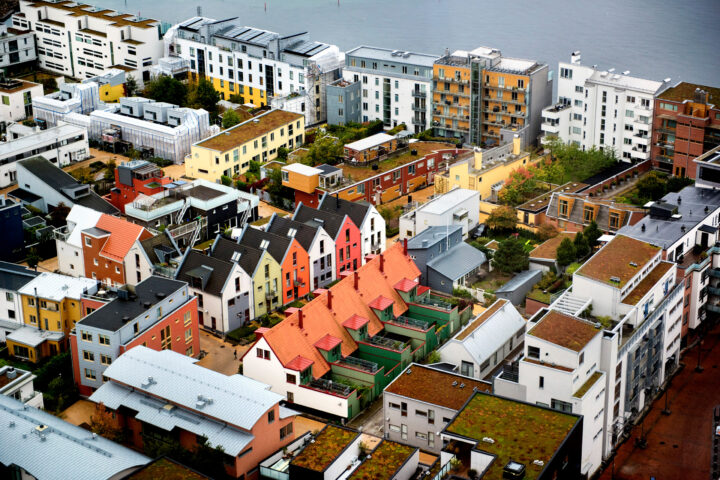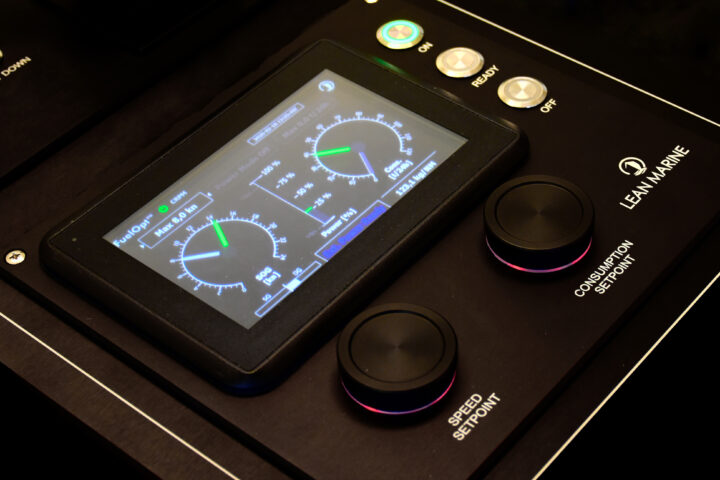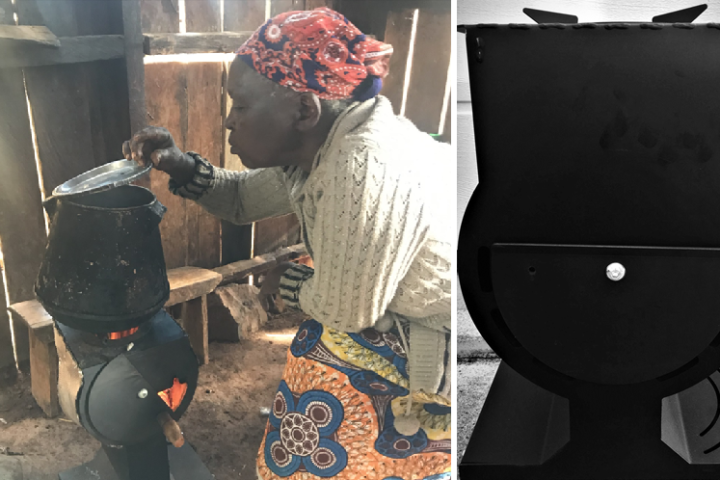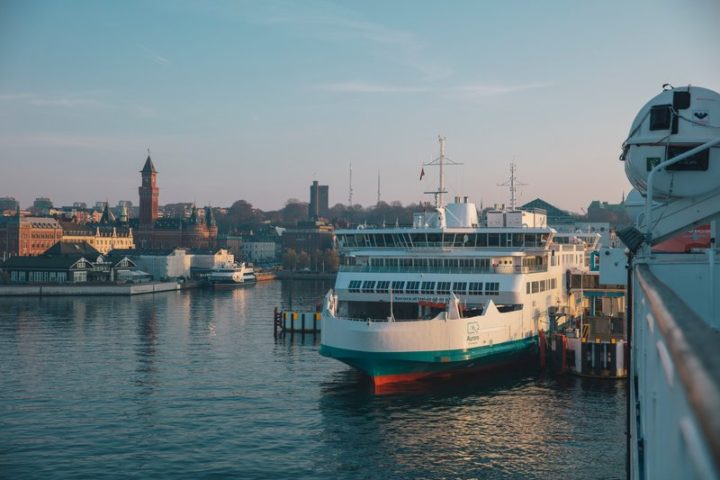Swedish Cleantech News - Page 9 of 15 - Swedish Cleantech
Renewable Energy
Northvolt – Sustainable Battery Solutions for a Greener Future
Northvolt is the Swedish battery producer with high ambitions. The company aims to build the greenest battery cell and systems in the world. The battery factory will be the biggest in Europe and help enable Europe’s transition to renewable energy.
Sustainable Transportation
New film demonstrates solutions to challenges in city development
Smart City Sweden welcomes delegations from all over the world that are interested in investing in smart & sustainable city solutions. Some of these solutions from Sweden are demonstrated in a new short film.
Uncategorized
EFO – Relocating Waste
Waste is a big problem all over the world. It is estimated that about 37 % of the waste generated globally end up in landfills*, creating problems such as water pollution, methane emissions and spreading of diseases. The Swedish company EFO wants to help countries to reduce the amount of generated waste and turn it into energy.
Water and Wastewater
Aqua Robur – No More Wasted Water
Up to 60 % of freshwater produced in the world is lost through leakages in the public water network, leading to billions of euros wasted each year globally due to inefficient monitored pipelines. Aqua Robur is the Swedish tech company that has a solution that can save water, energy and money.
Sustainable Transportation
Lean Marine – Saving fuel automatically
The shipping industry is estimated to represent more than 3 % of the world’s greenhouse gas emissions. By 2050, the number is expected to increase to 10 % if no action is taken. Lean Marine offers solutions that can help save fuel and reduce emissions as well as costs.
Recycling and Waste
EasyMining – Closing Nutrient Cycles
The decreasing sources of important nutrients needed for food production is a problem all over the world. Today, only a small amount is recycled, meaning important resources is going to waste. EasyMining’s technologies to extract materials from waste is a part of the solution of creating a more circular society and securing future food production.
Sustainable Transportation
Elonroad – charging while you drive
Transportation stands for almost 25 % of EU’s Greenhouse gas emissions* and around 23 % of the total energy-related emissions worldwide**. With its high-tech electric road system, the Swedish company Elonroad are revolutionising electric charging and showing the future of electric driving.
Energy Efficiency
Make It Green – a Healthier Life for People & Planet
In many countries, cooking often leads to health problems due to toxic fumes that are created by cooking over an open fire and which also creates emissions into the atmosphere. Make It Green is the company that wants to create a greener future by giving people in developing countries access to a healthy solution and at the same time decrease emissions.
Renewable Energy
ForSea – Emission-free Ferries
ForSea is the shipping company that has decided to make the ocean greener. By converting two of their diesel vessels into battery-driven ones, the company can reduce C02 emissions by 65 %, which is equivalent to 23 000 tons of emissions.
Renewable Energy
Inauguration of Swedish Fossil-Free Steel Production
The steel industry accounts for about 7 % of the world's carbon dioxide emissions. In the Swedish project HYBRIT, fossil-free steel is being developed and is expected to be on the market by 2026. This would make it the first fossil-free steel in the world.
Sustainable Transportation
Candela – Flying boats for a fossil-free ocean
They call it the Tesla of the ocean. Candela Speed Boat AB has developed the world’s first hydrofoil electric production boat and aims to make the ocean fossil-free.
Resources and Environment
Grönska – Towards a circular food system
As more people move to cities, the need for alternative solutions in food production is growing. Grönska, a young Swedish food tech company, has the vision to create more self-sufficient cities and a sustainable food system by using vertical farming technology.
